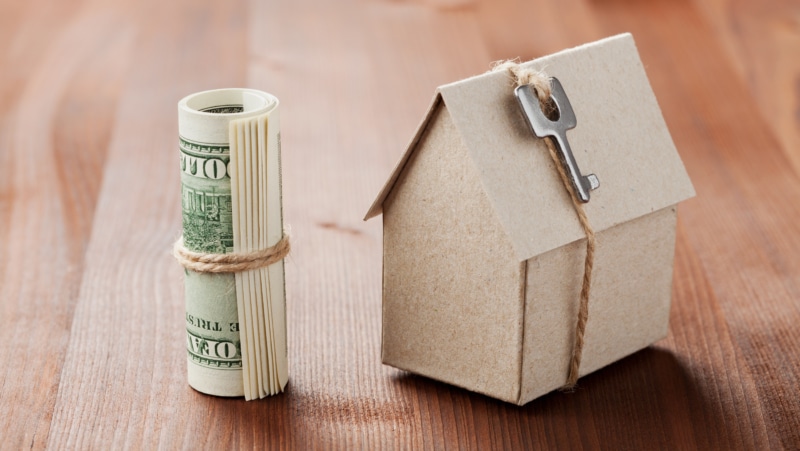If you’ve paid off the mortgage, you might be ready to celebrate. Except don’t get too excited: While you’re done with the mortgage, and hopefully your home equity line of credit, you won’t be living in the house for free.
Here are four post-mortgage expenses every homeowner has to handle and a few things you can do to keep those ongoing house expenses as low as possible.
1. Real Estate Property Taxes
An expense no one is safe from, real estate property taxes are a major part of owning a home and they don’t go away just because you’ve paid off the mortgage. Real estate property taxes will always be due every year, but if you were paying them as part of your mortgage payments and your lender was handling the payment process for you, you’ll have to take control. Once the mortgage is paid off, you’ll be responsible for making sure your annual property taxes are paid on time – even if you don’t get the tax bill from your county assessor’s office. Start by contacting your lender to see if there’s anything remaining in your escrow account (that check can take six to eight weeks to reach you) and then reach out to your local taxing body to make sure the tax bill has your address on it.
2. Homeowners’ Insurance
Your homeowners insurance is another annual expense you’ll still face even after you’ve paid off your mortgage. It’s also a good time to review your policy and see whether it still applies or needs some adjusting – you might even be able to lower the premiums if you change your coverage. And remember to contact your insurance carrier once you send your final mortgage payment to let them know there is no longer a lender on the title to the home.
3. Home maintenance, improvements and repairs
Your home will continue to age and be in need of repairs. Whether it’s a broken window seal, an appliance that dies or carpet that needs to be replaced, problems will come up and you’ll be responsible for paying for them. The good news is that the more effort you put into preventing and taking care of issues immediately as they come up, the less you’ll pay in the long run. The same idea applies to upgrades and improvements. If you decide you want new carpet or you decide to add on a deck or screened-in porch, those expenses will still be yours to pay.
4. Utilities
Like taxes, utilities are a cost you can only lower, not eliminate entirely. Just because you’ve paid off the mortgage doesn’t mean you don’t have to pay for electricity, cooking gas, garbage, sewer and internet service. The total expense of your utilities could change along with your lifestyle – maybe you’ll travel more in retirement and leave the lights off while you’re gone – but it’s safe to assume that you’ll always need to pay for these services.
Here’s what you can do to continue to lower your ongoing home expenses:
If you want to reduce your expenses now that your mortgage is done, consider options like renting out extra bedrooms or parking spaces and reassessing your homeowners insurance needs.
Paying off your mortgage early is an excellent goal, and will save you additional costs, but no matter when the mortgage is paid off, you can’t forget about these ongoing costs.







Great tip! one disadvantage of a mortgage is paying back a lot more than you borrowed originally and to always keep up with the mortgage repayments. These fees can always be hefty so one should really set a goal at paying these fees in no time.